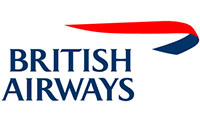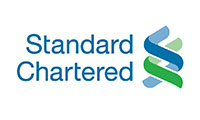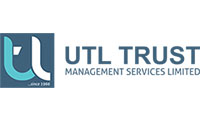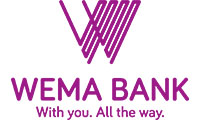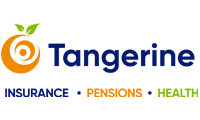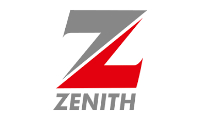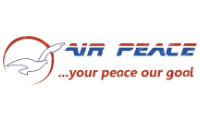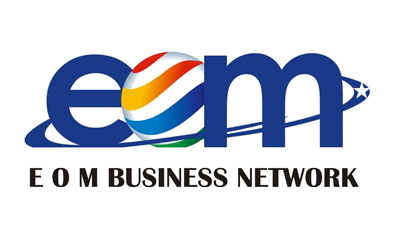
The Nigerian Office for Trade Negotiations (NOTN) Saturday said exporters or agents aspiring to move products to countries under the African Continental Free Trade Area (AfCTA) must obtain permits, licences, certificates and other relevant documentation from appropriate government agencies.
Apart from getting regulatory approvals from such bodies, comprising the National Agency for Foods and Drugs Administration and Control, Standard Organisation of Nigeria, Nigerian Export Promotion Council, Nigerian Agricultural Quarantine Service and others, exporters and agents must confirm that their exports fall within the permitted range of goods permitted by the AfCTA agreement.
Nigeria joined 53 other countries in Africa on January 1 to set in motion the world’s biggest trade bloc, in terms of participating nations, that will speed up easy and efficient intra-continental trade, marked by few restrictions and less complex checks of goods across national borders and ports of entry.
Nigeria was one of the last African countries to sign the AfCTA with President Muhammadu Buhari raising concerns that goods produced outside Africa could be dumped in Nigeria through other (West) African countries who allow largely unrestricted imports. The president only signed it after a committee he set up advised him to do so.
The AfCTA plans to establish a single market, boost competitiveness among African countries, deepen economic integration and, according to the United Nations Economic Commission for Africa, lift intra-African trade by as much as 52 per cent by 2022.
NOTN stated via its Twitter handle that exporters and agents needed to create a bill of entry, attach the permits from government agencies and make reservation with shipping or airline firms.
“The Nigerian Customs Service is the issuer of the certificate, however NACCIMA must vet the application,” the trade negotiator said.
Documents such as bill of lading, certificate of analysis, certificate of origin, packing list, certificate of origin and certificate of analysis are required for shipment to be executed.
Similarly, AfCTA trading documents like supplier/producer’s declaration form, AfCTA certificate of origin, and origin of declaration form are to be provided for ease of export.





